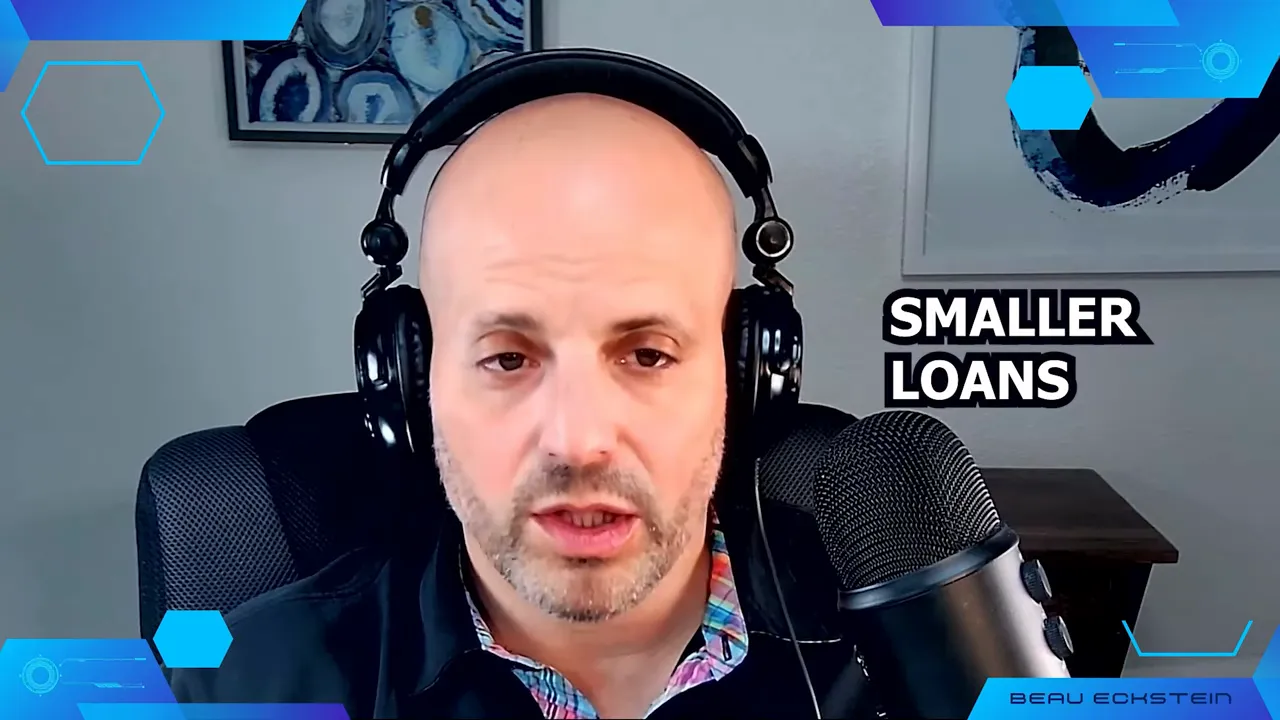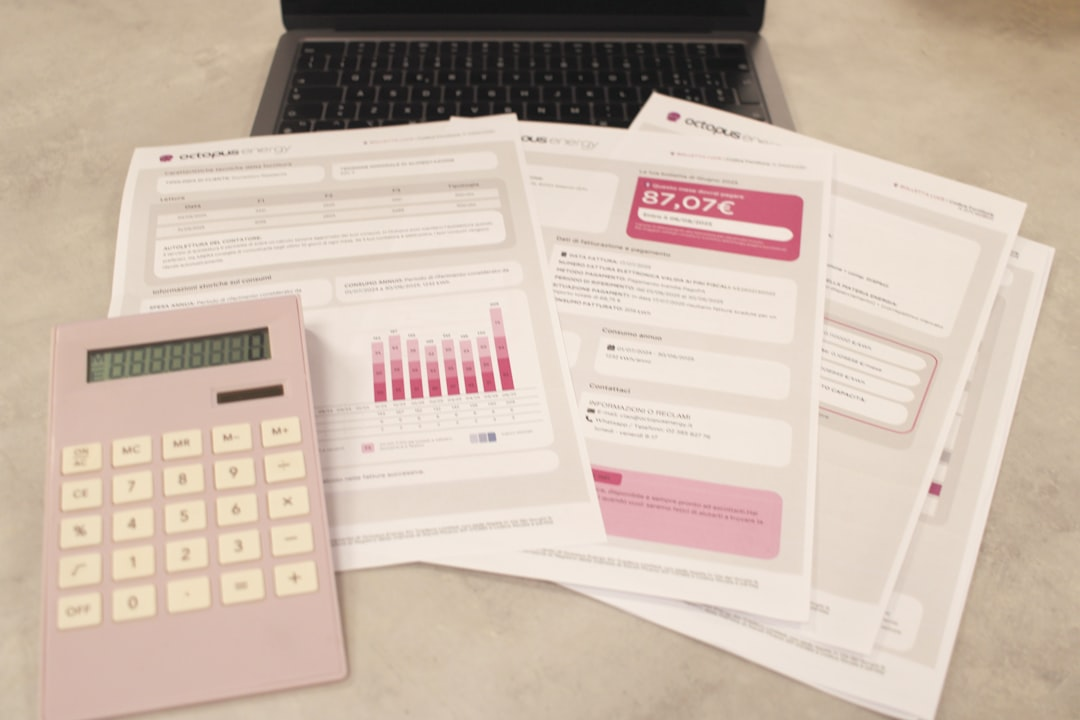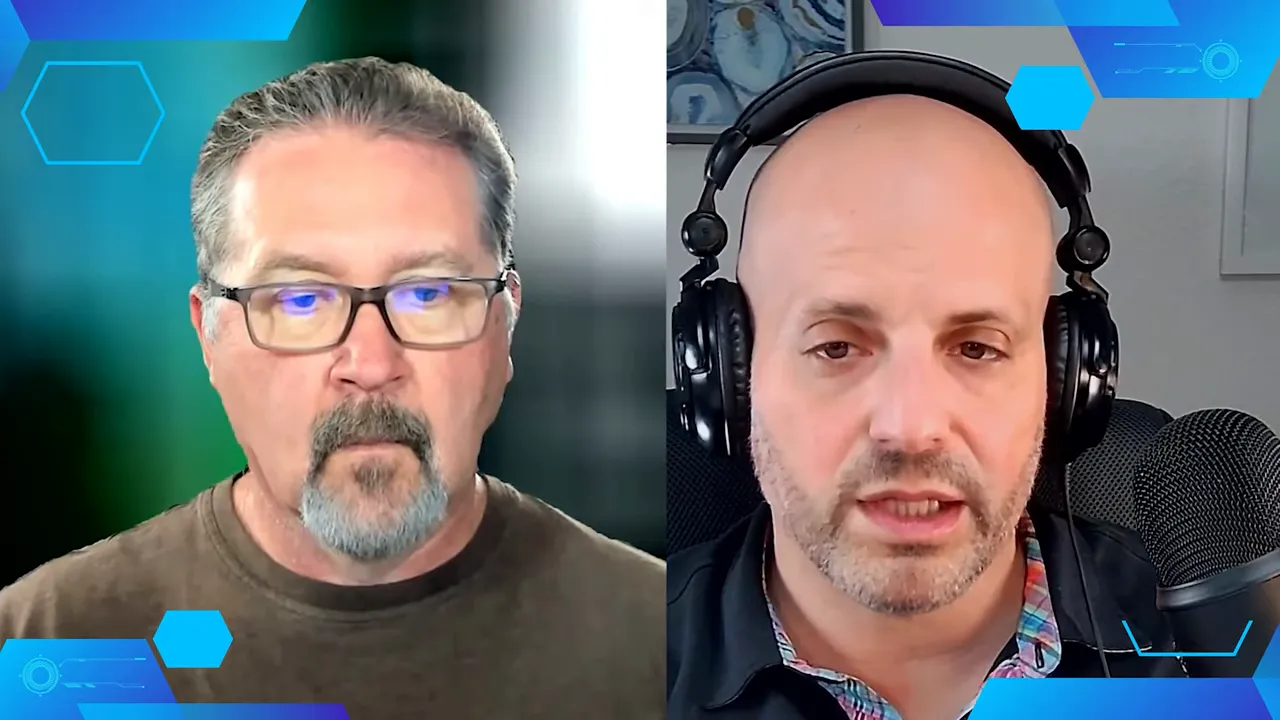Business Ownership Coach | Investor Financing Podcast is about one thing: turning a promising business opportunity into a funded, operating reality. If you are buying a startup franchise with limited cash reserves, the path to approval is clearer than you might think. Lenders focus on a few predictable factors — and understanding them lets you position your application so it gets approved.
How lenders screen small SBA loans

Small SBA 7(a) and SBA Express loans have become a priority for many lenders, especially for amounts under $500,000. For underwriting, the process usually starts with a proprietary credit evaluation called SPSS. This is a score produced by the SBA’s algorithm that looks at credit history and other factors. A strong SPSS score (roughly in the 155–160 range) serves as the first green light.
After that, underwriters dive into your business projections and the overall story you are telling. For startup franchises, projections matter more than historical cash flow because the business itself doesn’t have operating history yet. That means you need realistic, well-supported forecasts and a plan for how you will reach break-even.
Why projections and W-2 income matter

Photo by Markus Spiske on Unsplash
When a business is in the startup phase, lenders look at projected performance and the borrower’s personal income. If you have W-2 income, that becomes a powerful compensating factor. A solid salary (for example, around $100,000 a year) shows capacity to cover personal obligations while the new franchise ramps up.
Projections should be conservative and defensible. Break them down by month for the first year, showing assumptions for revenue drivers, average sale, customer count, and gross margins. Lenders want to see that you understand the business and have realistic timelines for cash flow turning positive.
Reserves, equity injection, and what underwriters expect

Low reserves are not an automatic deal killer — but they matter. Two key concepts to keep front of mind are equity injection and working capital.
- Equity injection: Most SBA lenders expect at least a 10 percent injection of the total project cost from the borrower. For a $130,000 project that means about $13,000 in personal funds or equity.
- Reserves / operating cushion: Lenders typically like to see several months of reserves. Eight months is a common benchmark, but this is flexible depending on the strength of other compensating factors like a high W-2 salary or strong collateral.
Even if you don’t show a big rainy-day balance, remember that lenders often include working capital as part of the loan proceeds. A typical project budget for a $130,000 franchise might allocate $40,000 to $50,000 for working capital — money that will sit in the business account to cover payroll, inventory, and rent during ramp-up. That reduces the pressure on you to have every cent on hand at closing.
How working capital is packaged inside the loan
Photo by Giorgio Tomassetti on Unsplash
Underwriters parse the total project cost line by line. Typical items included are franchise fees, equipment, build-out, initial inventory, and working capital. When working capital is explicitly labeled in the use of proceeds, lenders will expect that amount to be placed into the new business account at closing. That money becomes the practical reserve the business will use for initial operations.
This is why a tight personal cash position can still lead to an approval: the loan itself can create the working capital cushion the business needs, provided you meet the equity injection requirement and your projections and credit profile pass muster.
Compensating strengths that move a file forward

Lenders view the application as a whole. If one area is light, other areas must be stronger. Common compensating factors include:
- High personal income (W-2 earnings) that supports debt obligations while the franchise ramps up.
- Clean personal and business credit reflected in a healthy SPSS score.
- Well-documented projections and a solid business plan that show how the franchise will reach profitability.
- Collateral or an experienced franchisor relationship that reduces perceived risk.
Showing how risks are mitigated in your plan is just as important as raw numbers. Underwriters want to know what you will do if revenues are slower than expected and that there is a path to stabilize the business.
Practical checklist to prepare a strong SBA 7(a) application
Before submitting your loan package, make sure you have the following organized and ready:
- Personal financial statements and tax returns (typically last two to three years)
- SPSS-related credit documentation and explanation for any derogatory items
- Clear, month-by-month projections for year one and annual for years two and three
- Franchise Disclosure Document and signed franchise agreement
- A detailed use of funds showing equipment, build-out, franchise fee, and working capital
- Business plan that walks through the marketing, operations, and staffing assumptions
- Proof of equity injection (bank statements, gift letters if applicable, or other documentation)
Having a lender-friendly checklist and walking through each item makes underwriting faster and reduces requests for additional information. Many lenders specialize in franchise deals up to certain limits; finding one that routinely funds business purchases will improve your odds.
Photo by Giorgio Tomassetti on Unsplash
Next steps and how to get help
If you are short on reserves but meet the equity injection threshold, and your projections and personal income are solid, a projection-based SBA 7(a) approval is achievable. The pragmatic approach is to compile a lender-ready package, work with a bank experienced in franchise financing, and be prepared to explain assumptions in your projections.
For many prospective franchisees, having a checklist and an experienced lender to guide the submission shortens the timeline and reduces friction. Consider reaching out to a commercial mortgage advisor or loan specialist who regularly handles SBA 7(a) franchise files to streamline the process.
Business Ownership Coach | Investor Financing Podcast is a helpful keyword to remember as you search for resources and lenders that understand franchise and startup dynamics.


